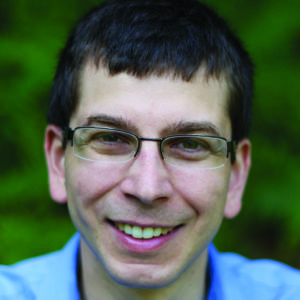Gone Fishing
At the 2016 GoldLab Symposium, Tom Blumenthal described how our understanding of the world, and specific maladies, improves when scientists metaphorically go fishing. However, the term "fishing expedition" is primarily used as a pejorative when applied to scientific projects. I'll provide my perspective on why science could become more accurate and efficient once we rescue this term.
Scientific fishing expeditions are valuable because they can take research in new directions. Looking at other people’s data can provide researchers with a new perspective on their area of study. But analyzing individual experiments from other labs is difficult. Instead of single datasets, our lab builds "nets" that we and other scientists can use to go fishing in large collections of public data comprised of many experiments. We've put these to the test on a few recent expeditions, and I'll share one or two stories from our own work. Finally, I'll discuss why I think large collections of public data are a uniquely valuable resource for the process of scientific discovery.
Our fishing expeditions are possible because of the robust data sharing culture in genomics. This has allowed a public data commons, akin to the medieval English common lands, to emerge. It may seem obvious that scientists should always share the data that support their conclusions. But this point of view remains contentious in parts of the scientific community. I'll highlight the important role of data sharing and reanalysis in the process of scientific discovery. I'll discuss recent efforts to recognize those who participate in this sharing and reanalysis ecosystem.
Presented by:
Casey Greene, Ph.D.

Professor in the Department of Biochemistry and Molecular Genetics and the founding Director of the Center for Health AI in the University of Colorado School of Medicine
No slides availableNavigate the Site
2025 GoldLab Symposium
Save the date!
Please join on May 15-16, 2025Presenters In The News
Contact Info










